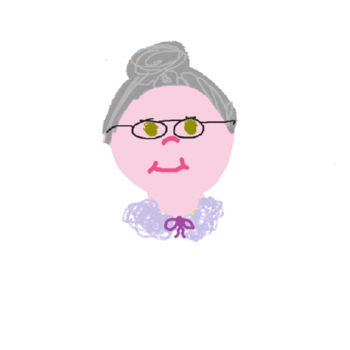Question #9d250
3 Answers
Let's expand I'll. Then let's see what we've got
So, will is our verb. But, we're looking for the verb phrase, which means the verb and the object. Now, it can be hard to tell the difference between the "object" and the "subject," but the subject acts on the object. So, is physics acting on you, or are you acting on physics? So, "physics" is the object and "I" is the subject.
Now we have the verb
will never understand
Explanation:
understand is the main verb. It describes an action
never is an adverb it describes when
will is a helping verb.
So the entire verb phrase is will never understand.
The verb phrase is: will never understand physics
Explanation:
A verb phrase (also called the predicate) is the verb and all the words that follow the verb that are related to that verb.
I've used the term "that are related to that verb" because a sentence may have more than one verb/verb phrase.
Example of multiple verbs/verb phrases (predicates):
I'll never understand physics but music comes easily.
- "will never understand physics" is the first verb phrase;
- "comes easily" is the second verb phrase.


